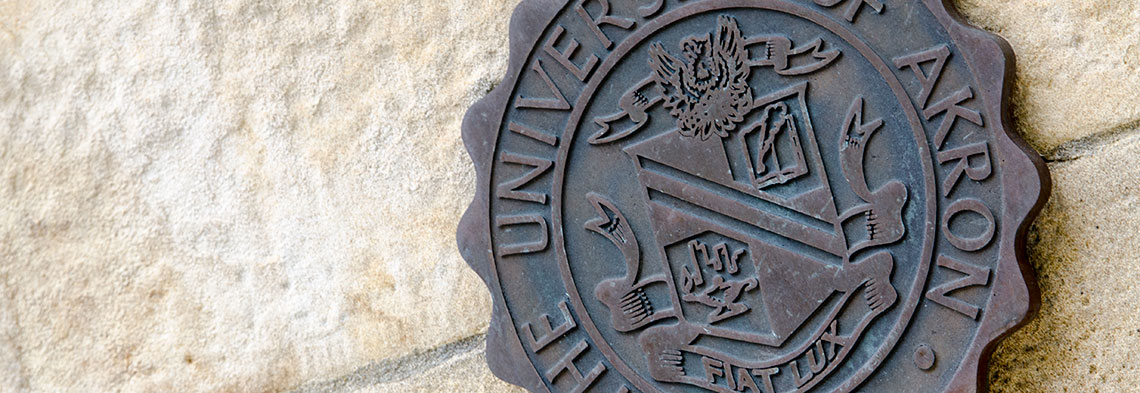Document Type
Article
Publication Date
January 2008
Abstract
Lawyers today increasingly change jobs, suggesting to some that lawyer movement is becoming the norm. For example, one study reported that an average of 15 out of 100 associates annually depart a law firm. Today's mobility is in stark contrast to a half-century ago when lawyers might reasonably expect to remain with the same firm for their entire careers.
Occupational movement in the legal profession is likely to continue for several reasons. First, many law students graduate with substantial educational debt. As a result, some graduates accept jobs that are not their “real” first choice but that pay well with the intent of moving soon to better jobs. They know that few, if any, adverse consequences will follow. Second, lateral job movement for some experienced lawyers is an effective way to improve income and other working conditions. Finally, lawyer movement or dislocation also occurs when law firms develop new specialties, clients, and economic efficiencies.
Although law firm departures are common, a lawyer's decision to leave a firm is generally neither easy nor risk free. Departing lawyers may be sued by their clients and old firms and professionally disciplined if they injure persons or entities while making their career moves. This article discusses some of the ethical obligations that departing lawyers have under the Model Rules of Professional Conduct. It also offers some practical suggestions for how departing lawyers and their firms may avoid becoming the target of a legal malpractice or discipline action.
Publication Title
Professional Lawyer
First Page
2
Recommended Citation
John Sahl, Thinking about Leaving? The Ethics of Departing One Firm for Another, 19 (issue 1) Professional Lawyer 2 (2008).


